Top 10 Documents a church needs
Articles of Incorporation
Your church needs a safe and fireproof place to keep all important documents of this nature. While a fireproof safe on-site is good for monies and documents that need to be accessed on a regular basis, I think a bank safe deposit box is a better location for documents like the Articles of Incorporation. Make a copy for access on-site if you wish, but keep the original record off site.
-
Your church needs a safe and fireproof place to keep all important documents of this nature. While a fireproof safe on-site is good for monies and documents that need to be accessed on a regular basis, I think a bank safe deposit box is a better location for documents like the Articles of Incorporation. Make a copy for access on-site if you wish, but keep the original record off site.
-
Failure to file this state report can jeopardize your church’s corporate non-profit status. States differ as to their regulations. If you are unaware of your state’s requirements, contact the Secretary of State’s office and make sure everything is in order. Find out who in the church normally handles this crucial annual filing and set up a system of checks and double checks. Documents of this nature are now often filed exclusively by email. Whose email is on file with the Secretary of State?
-
Put a copy in the Elders’ Handbook and make sure all financial officers have copies. Many church and committee decisions are guided by this document and are invalidated by failure to conform to its dictates. However, in my experience many churches get fixated on the Constitution and By-Laws and overlook the other vital documents on this list.
-
These records include the monthly Income & Expense reports and Balance Sheet. Too many church staff and elected officers don’t really understand these reports. Ask questions if you need to. The only dumb question is the one not asked. Those who have fiduciary responsibility for the church cannot plead ignorance if something goes wrong.
-
What do your By-Laws say about official membership? Just because “we’ve always done it this way,” is not good enough. Church leaders must assure that church membership rolls are maintained according to what the legal documents say. Have you checked the wording lately?
-
Minutes of membership meetings and board and committee meetings. Who keeps the minutes? And equally as important, who keeps the permanent records after the volunteer secretary no longer holds that position? Where are these records now?
-
This means not only your multi-peril insurance policy for the buildings, vehicles, and activities of the church, but also any additional policies of whatever type. These extra policies may be with a different insurer and are easily separated from the multi-peril policy you may be most familiar with.
-
“But churches don’t pay taxes,” you say? Oh yes, they do. How about payroll taxes? And be sure to include other documentation your ministry staff and employees provide regarding housing allowance and other benefits that help them to avoid tax.
-
These records are important and they are confidential. They must be treated as such. While Hammar includes these documents as among the “top ten for church treasurers,” some think they really must be managed by someone other than the treasurer.
-
This is one of those documents that must not disappear, and therefore, I think it is one that is best kept off-site in a bank safe deposit box with a photocopy in the church safe. Along with the deed ought to be the mortgage papers. Some churches have special provisions in the mortgage paperwork that the original signers knew about but the newcomers on the Board and staff may not have ever heard about. Please review your mortgage documents now and avoid unpleasant surprises like balloon payments and refinancing dates.

